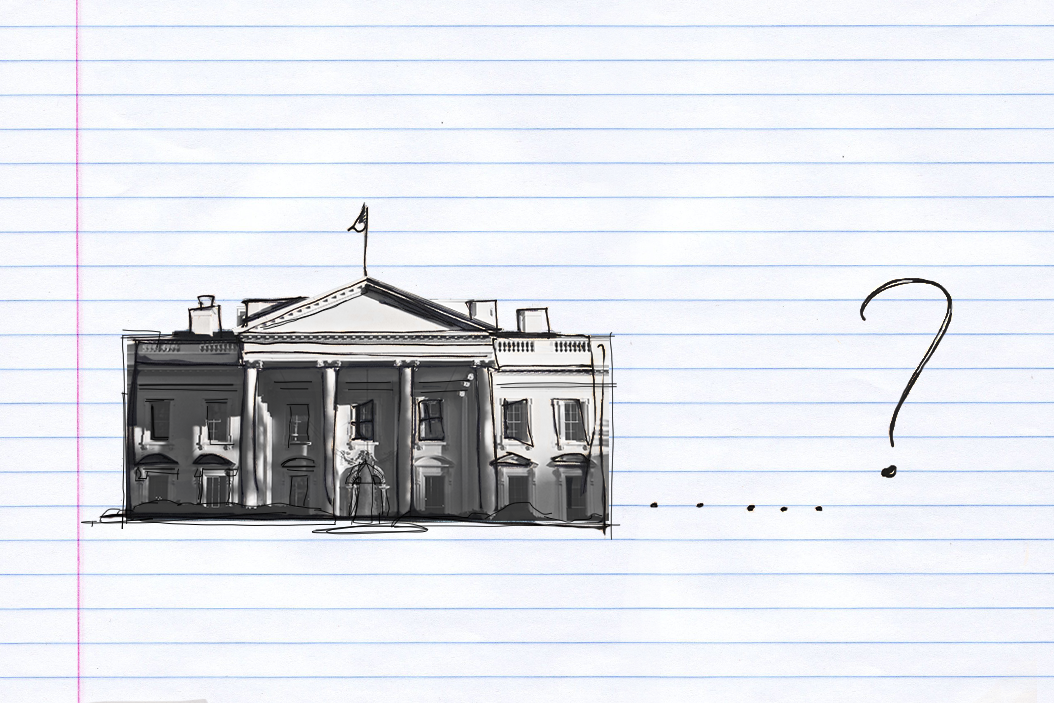January 21, 2021
On his first day as president, Joe Biden signed a remarkable series of executive orders. Boom! The US rejoins the Paris Climate Accord. Bang! The United States rejoins the World Health Organization. Pow! No more ban on immigration from many Muslim-majority countries. Biden's press secretary reminded reporters later in the day that all these orders merely begin complex processes that take time, but the impact is still dramatic.
If you lead a country allied with the US, or you're simply hoping for some specific commitment or clear and credible statement of purpose from the US government, you might feel a little dizzy today. The sight of an American president (Barack Obama) signing his name, of the next president (Donald Trump) erasing that name from the same legislation/bill, and then the following president (Biden) signing it back into law again will raise deep concerns over the long-term reliability of the world's still-most-powerful nation.
In short, we wrote yesterday about what other countries want from America. Today, we look at what they should fear from the US… or at least from its polarized domestic politics. Solutions to many of today's global problems demand long-term commitments. As other governments plan, they want to know what to expect from the United States. They want to know what return they can expect on their own investments. They want to have confidence that Washington will prove a reliable partner.
Transfers of power in Washington aren't new, but deep fundamental disagreements over US leadership are. Democrats and Republicans have alternated presidential power in the US for 160 years, but Donald Trump challenged an eight-decade consensus on the basics of America's role in the world on a scale we haven't seen in living memory. Joe Biden is now president, and he's got the pen to prove it, but his need to resort to executive orders reminds us of how little cooperation he can expect from Congress, where his party holds the narrowest of majorities.
More to the point, remember that Trump won more than 74 million votes in the 2020 election. The best measure of the narrowness of defeat is not the popular vote margin of seven million but the 44,000 votes that separated Biden from Trump in three crucial states. Trump himself may not return to the White House, but the defiant go-it-alone foreign policy he branded as "America First" has inspired tens of millions of Americans and may well return. Perhaps in 2024.
So, if you lead another government, are you ready to bet on sustainable US commitments to protect Asian allies from dominance by China, contain Iran's nuclear ambitions, help manage humanitarian emergencies, take consequential action to defend human rights, honor the terms of trade agreements, reduce carbon emissions, lend to COVID-devastated economies, or invest in the future of NATO?
As former German ambassador to the US Wolfgang Ischinger recently told GZERO Media, Europeans leaders better be asking themselves this question: "Do we want to make our lives, our future, dependent on what … 50,000, or 60 or 80,000 voters in Georgia or Arizona may wish to do four years from now?"
Bottom line: How, world leaders rightly wonder, can they have confidence that today's US commitments are sound long-term bets? That's a big problem not only for the United States — but for its allies and potential partners.More For You
- YouTube
Singapore was one of globalization’s biggest beneficiaries. Ian Bremmer looks at whether the city-state can survive in a world where the economic order that drove Singapore's rapid rise starts to unravel.
Most Popular
Think you know what's going on around the world? Here's your chance to prove it.
Igmel Tamayo carries charcoal to sell on the side of a road for use as cooking fuel in homes, after US President Donald Trump vowed to stop Venezuelan oil and money from reaching the island as Cubans brace for worsening fuel shortages amid regular power outages, on the outskirts of Havana, Cuba, on January 12, 2026.
REUTERS/Norlys Perez
Xi Jinping has spent three years gutting his own military leadership. Five of the seven members of the Central Military Commission – China's supreme military authority – have been purged since 2023, all of whom were handpicked by Xi himself back in 2022.
© 2025 GZERO Media. All Rights Reserved | A Eurasia Group media company.
